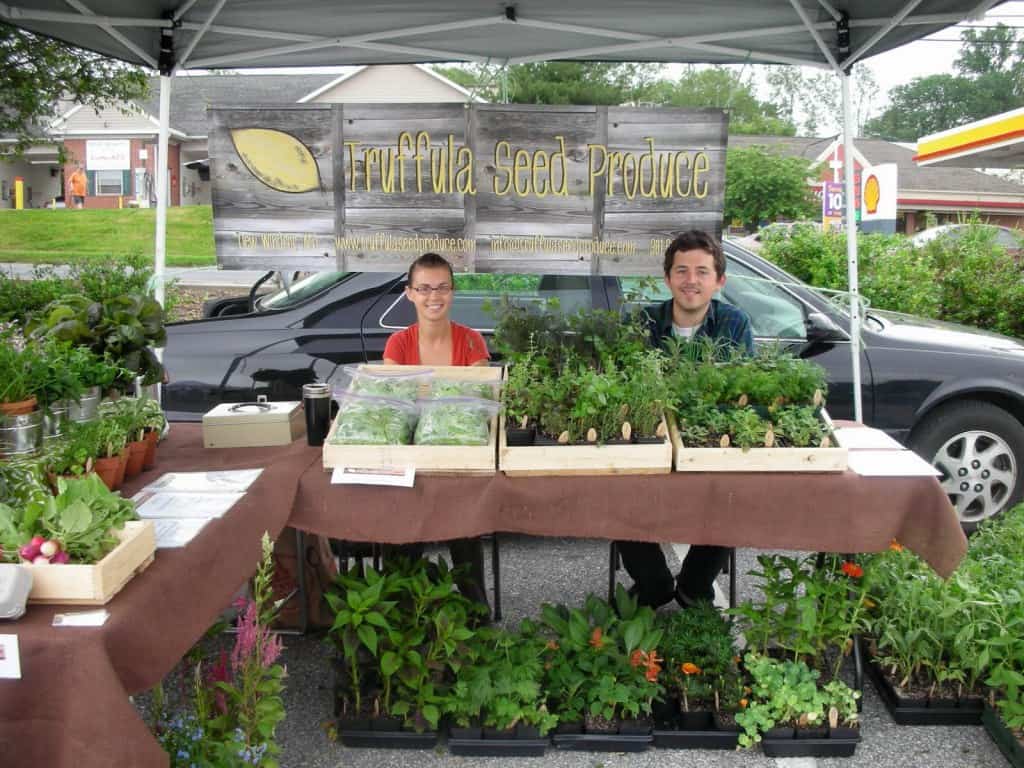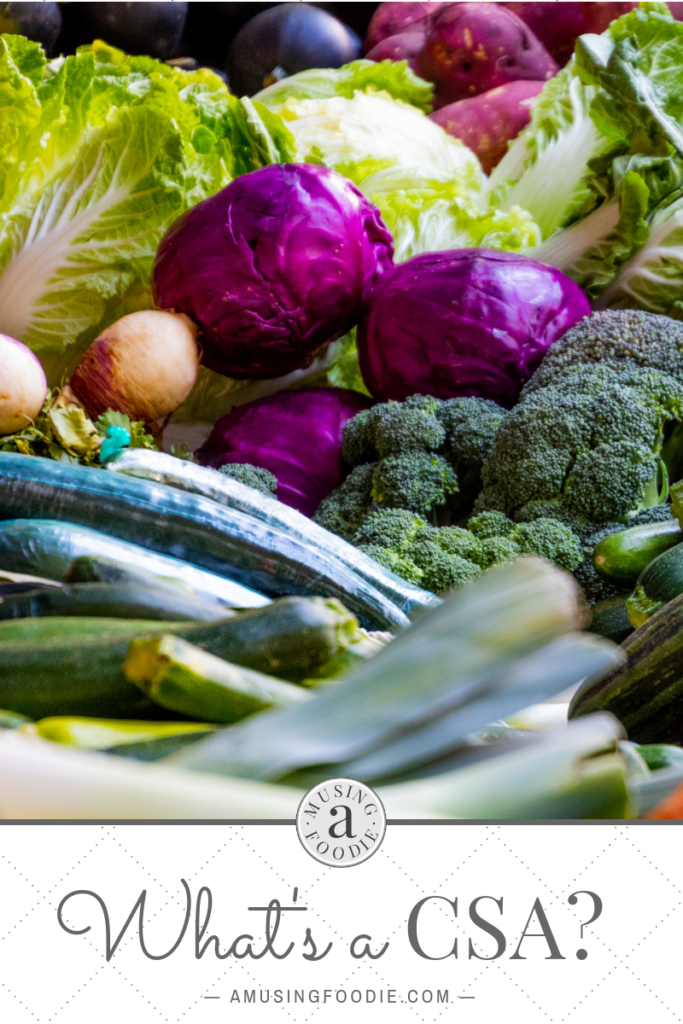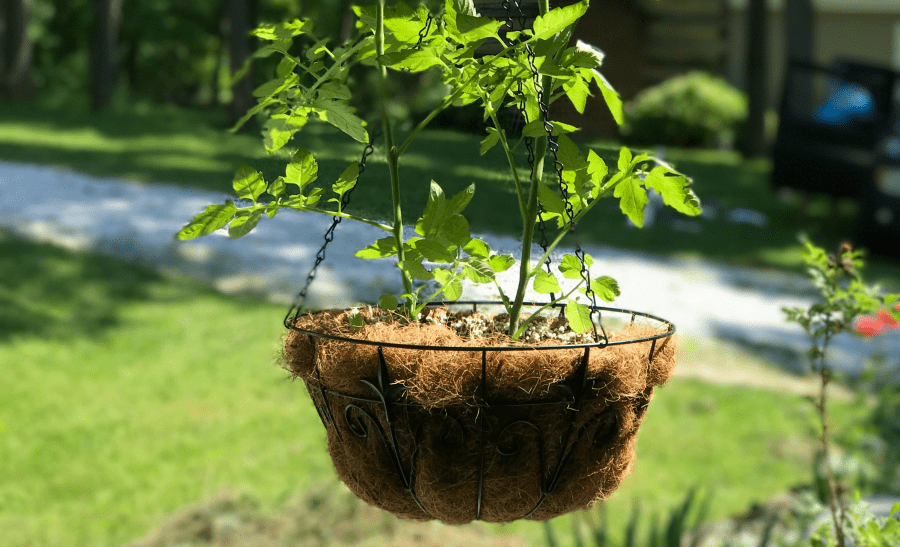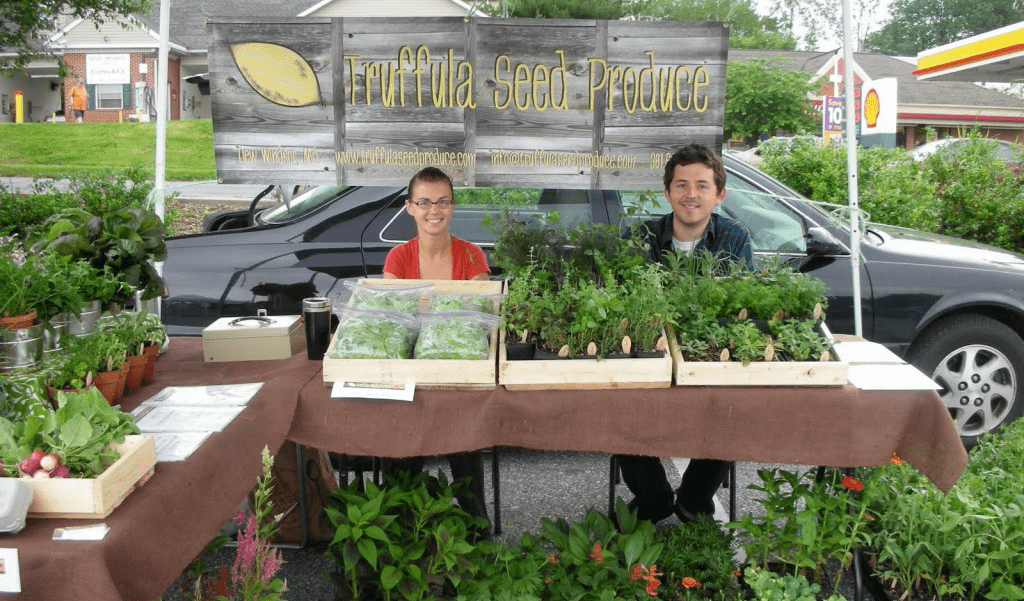Last updated on August 9, 2021 by Liza Hawkins
The term “CSA” used to be a buzz word, but these days it’s pretty common whether you live in the city or a more rural area. Often times, however, the acronym isn’t spelled out.
So, what’s a CSA, you ask? Let’s keep this simple.
Community-supported agriculture (CSA) is a food production and distribution system that directly connects farmers and consumers. Consumers buy “shares” in a farm’s harvest in advance. — via The Spruce Eats
Or, in simple terms, you can pay one up-front cost in spring and then get in-season produce on a weekly basis throughout growing season (typically June through November).
When my sister and brother-in-law operated a small organic farm years ago, it was part of a CSA network.
People in the area could buy shares of their produce and eggs, and they also networked with a few other local farms so that shareholders had the option to buy organic meat, flowers, breads and other goodies.
They did this in addition to participating in a few local farmers’ markets in Central Maryland.
“Have CSA? Will drive.”
Seriously, that could be a bumper sticker, because produce that’s fresh, seasonal, and right off the farm to your table is unlike anything you find in the grocery store isles.
My sister’s organic farm was located a county over from where we lived, yet I had friends in my town willing to drive the distance in order to buy their CSA shares.
That’s not abnormal.
A lot of CSAs are operated from small-scale farms, with no ability to provide a door-to-door delivery service.
Often times CSA shareholders will have a scheduled pickup time at the farm, or the farmers will have a pickup location off the farm in shopping center parking lot, or something similar.
Or, as in the case of my friends, might schedule a rotation of pickups.
“I’ll drive this week, Jane will get next week, Ann will get the week after that,” and so on.
Participating in a CSA a great way to support local farmers, beyond a weekend stop to your local farmers’ market.
Plus the food is soooo good.
Read more about what’s in season so you know what fruits and veggies to buy at the store, and why that’s so important.





Liza: Thanks for explaining that. My hubby would love for me to get our produce this way. I’m looking forward to your next post. ~Terri G., who is sick of wasting her money on unripe produce that rots before it ripens.
The sometimes tricky part about participating in CSA is when you get too much produce in a week. There are ways around that – my neighbors and I are splitting a half-share. They don’t like squash/zucchini, so those weeks I’ll take more. We’ll do the opposite for veggies that my family doesn’t like as much.
I’ll have Josie do a guest post on canning/freezing – a great way to prevent rotting fridge produce!
I really want to do this… we’ve thought about it in the past. But getting fresh things means I have to cook… err…
Erica – yeah, although some of the stuff could be eaten raw. Cucumbers, carrots, greens (lettuce, spinach, etc). One of the nice things about going in on a CSA share or half-share with someone else is that you guys can trade off for things that do or don’t work for you. 🙂 Or that you have to cook. LOL